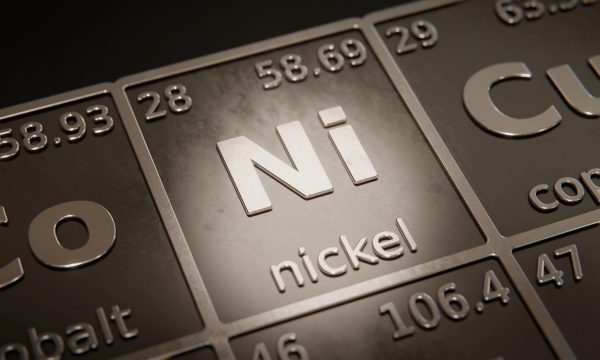Weak EV demand in the United States – exacerbated by the loss of the 30D tax credit and broader economic uncertainty – is likely to depress prices further, reinforcing Indonesia’s dominance.
The elimination of the Inflation Reduction Act’s clean vehicle tax credit in the Trump administration’s “Big Beautiful Bill” is raising urgent questions for the electric vehicle industry in the United States. How will this impact demand? Can American vehicles compete against Chinese vehicles? And where should companies now source critical minerals?
Known as 30D, the tax credit incentivized the sourcing of critical minerals from free trade agreement (FTA) partners and non-Chinese owned companies for vehicles to qualify for the $7,500 credit. This created a premium for minerals from Australia, Canada, and Chile, helping to stimulate the development of alternative supply chains. Producers without FTAs – such as Indonesia and the Democratic Republic of the Congo – were excluded.
But the tax credit’s elimination is shifting the calculus on critical mineral sourcing. U.S. strategy must evolve accordingly, particularly in relation to Indonesia, where the current market trajectory is increasingly untenable.
Dubbed the “OPEC of nickel,” Indonesia has transformed the global nickel market through a raw export ban and a surge of Chinese investment. In 2024, Indonesia accounted for 60 percent of global nickel production and majority Chinese owned companies accounted for approximately 80 percent of battery grade nickel production. Despite criticism over weak environmental and labor standards and overproduction, Indonesia’s low-cost supply continues to
Continue Reading on The Diplomat
This preview shows approximately 15% of the article. Read the full story on the publisher's website to support quality journalism.
